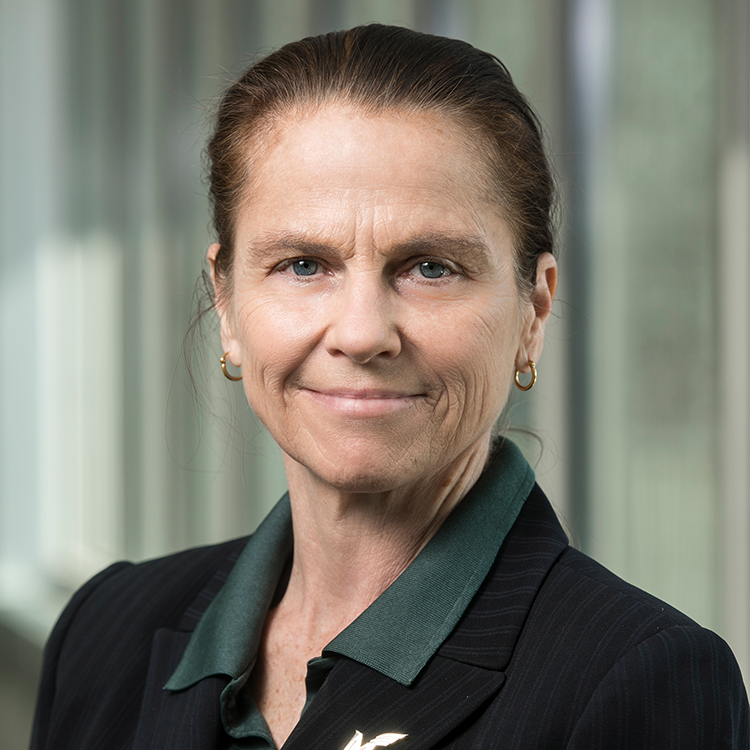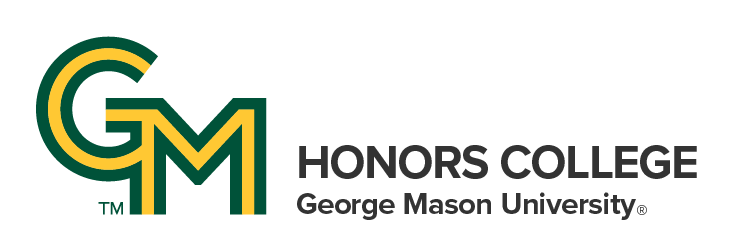
Dr. Zofia Burr, Dean of the Honors College
Could you talk about the motivations behind creating an 'Honors College’?
The primary motivation was to link the available opportunities for our most motivated students and bring them together in such a way that students could have access to them. I built it with a sense that Mason provides access to many valuable opportunities in the region – everything is here – but that it can be very difficult to navigate. There was the desire to bring all that into connection and strengthen it for students, and to make it more accessible.
Ten years later, what thoughts and feelings do you have on the Honors College’s growth and accomplishments?
We certainly did not expect it to get this big – it started out so small, relatively – so I am very proud of the way we have built a program that really supports all students and all majors.
Could you talk about what makes the Honors College unique?
I would say the opportunity that comes out of multidisciplinary communication and collaboration. All of these different perspectives are available at the university and people are working in a variety of fields, but it’s only in the Honors College curriculum that people are really working on their research in their field while being in conversation with students in other fields.
What might we expect in the next decade?
Increased opportunities to work in multidisciplinary teams in the community – definitely with the non-profits and the for-profits. I hope to see a real increase in financial support for the students so that all students, regardless of their socioeconomic status, will be able to take advantage of opportunities like internships, travel, and research. There are currently a lot of students who have to work jobs that really prevent them from participating in all the things that would really strengthen their college experience.
Do you have a favorite part of your job?
Advising is still one of my favorite parts of my job because I get to know students and hear their stories. Because I know the university so well, I feel really able to help them. Because I’ve seen so many students now go through so many different kinds of experiences, I understand that there are endless different pathways to the places students want to go. I think that’s a hard thing for students to see – you kind of have to be older – so, I like to be able to share that knowledge.
